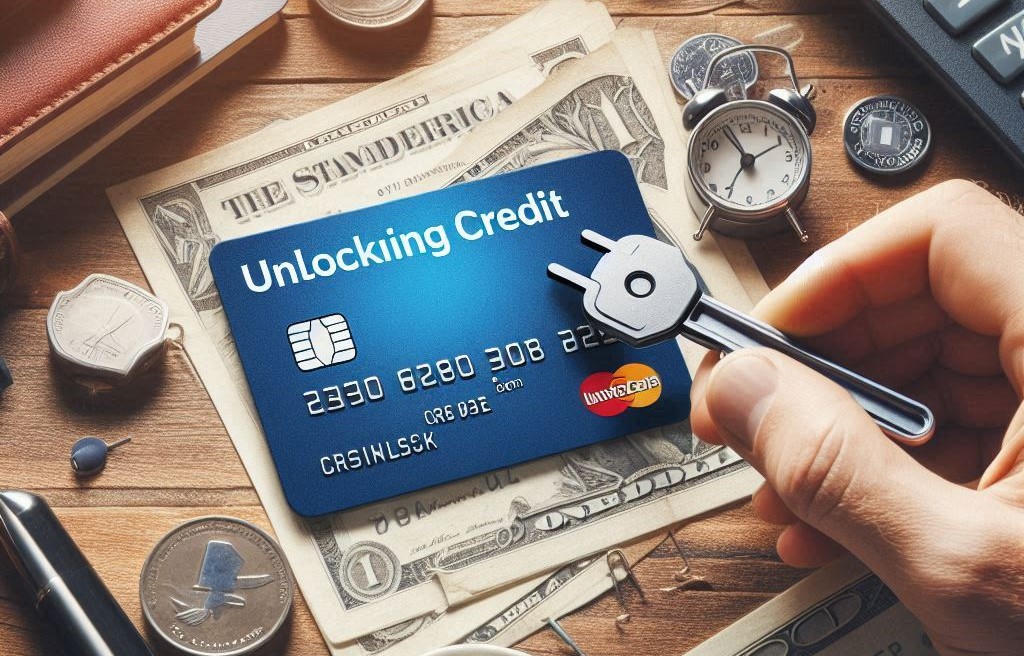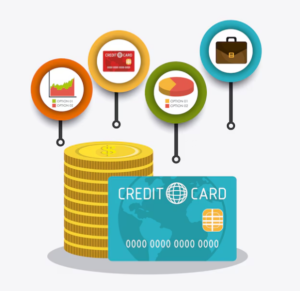Unlocking credit: The easiest credit cards to get approved for in the U.S. with limited credit history
Starting your financial journey in the U.S. can feel overwhelming, especially when you’re new to credit. Many people struggle to get approved for their first card simply because they haven’t had the chance to build a solid credit profile.
Fortunately, several credit cards are designed specifically for those with limited credit history, offering a practical path to establish and grow your score. Choosing the right one can open doors to better financial opportunities and long-term success.
The best credit cards for beginners with limited credit history

Getting approved for a credit card without a strong financial background doesn’t have to be impossible. Issuers understand that newcomers need options, so they offer products tailored to people just starting out.
These beginner-friendly cards often come with simple approval requirements, helping you take your first steps toward a healthier credit profile. They serve as valuable tools for establishing trust with lenders while you build a positive payment history.
One popular option is secured credit cards, which require a refundable deposit as collateral. This deposit lowers the lender’s risk, making it easier for applicants with no or little credit to gain approval. Over time, responsible use can help you graduate to an unsecured card with better benefits.
Cards like the Discover it Secured Credit Card stand out by offering cash back rewards while reporting your activity to major credit bureaus. This reporting helps you build a positive credit history with responsible use.
Another accessible choice is student credit cards. These cards are designed for full-time students who are likely just starting their credit journeys. They often come with lower credit limits and educational resources to support responsible usage.
The Chase Freedom Student Credit Card is an excellent example, offering modest rewards and a straightforward approval process, all while supporting users as they learn how to manage credit responsibly.
Prepaid and unsecured cards with low credit score requirements can also serve as entry points. However, it’s important to choose wisely, as some cards aimed at those with limited credit come with high fees or unfavorable terms.
Researching your options ensures you pick a card that truly benefits your financial growth. Comparing interest rates, fees, and rewards can help you avoid costly mistakes as you build credit.
Why limited credit history makes approval difficult
Understanding the challenge
When you apply for a credit card in the U.S., lenders assess your creditworthiness by reviewing your credit report. If you’re new to credit, there’s often not enough data available to determine how risky you are as a borrower. This uncertainty makes many traditional credit card issuers hesitant to approve applications from people with little to no history.
Lenders want to see patterns of responsible borrowing before extending credit. Without a track record, they lack the confidence that you will pay back what you owe on time. This can create a frustrating cycle where you’re denied credit because you haven’t had the chance to build it in the first place.
How to overcome this barrier
Luckily, starter credit cards are specifically crafted to break this cycle. By offering low-risk terms for the issuer and manageable limits for the user, these cards help you build history without overwhelming your budget. Making small purchases and paying off your balance regularly builds trust with creditors and improves your score.
Another effective strategy is to become an authorized user on a trusted family member’s credit card. Their positive payment history can reflect on your report, giving you a head start before applying for your own card. This combined approach accelerates your credit-building journey.
Secured vs. Unsecured cards for limited credit
Secured credit cards remain the most reliable option for individuals with limited history. Your deposit protects the issuer while giving you a chance to prove your responsibility. Over time, successful use of a secured card can lead to automatic upgrades to unsecured products.
Unsecured cards, though slightly harder to obtain without any credit, do exist for newcomers. However, it’s crucial to review the terms closely, as some may include high annual fees or steep interest rates. Comparing both options ensures you select the card that best fits your current financial situation.
Tips to boost your approval odds
Applying for your first credit card successfully requires more than just filling out an application. By following smart practices, you increase your chances of getting approved and starting your credit journey on the right foot.
Start by checking your credit score, even if you’re new to credit. Many financial apps and banks provide free access to your score and basic report. Knowing where you stand helps you choose the right card for your profile.
Consider starting with a secured card if you have no credit at all. These cards are designed to be beginner-friendly, and issuers are more likely to approve applications backed by deposits. Treat this card like any other loan—pay on time and keep balances low.
Keep your credit utilization under 30% of your limit. This ratio plays a big role in how your credit score develops. Even on a low-limit card, spending wisely ensures that you don’t look overextended in the eyes of lenders.
If you’re a student, take advantage of student credit cards. These often come with lenient approval criteria, and some even offer bonuses for good grades. They’re perfect for learning how to handle credit while enjoying small perks.
Additionally, avoid applying for too many cards at once. Each application triggers a hard inquiry, which can temporarily lower your score. Focus on finding one well-suited card and use it responsibly before considering additional accounts.
Finally, set up automatic payments to ensure you never miss a due date. Payment history is the most significant factor in your credit score, so making every payment on time is essential to building a strong foundation.
Paving the way to a strong financial future
Building credit from scratch in the U.S. may feel like a challenge, but with the right card and smart habits, you’ll quickly establish a solid financial reputation. The easiest credit cards to get approved for when you have little credit history are designed to help you start this journey safely and effectively.
By understanding your options, making informed decisions, and managing your card wisely, you’ll set yourself up for future success. In time, those beginner cards will unlock even better opportunities, helping you achieve the financial freedom you deserve.
Graduated and master's student in History. Fanatic of books and series. Editor since 2023.




